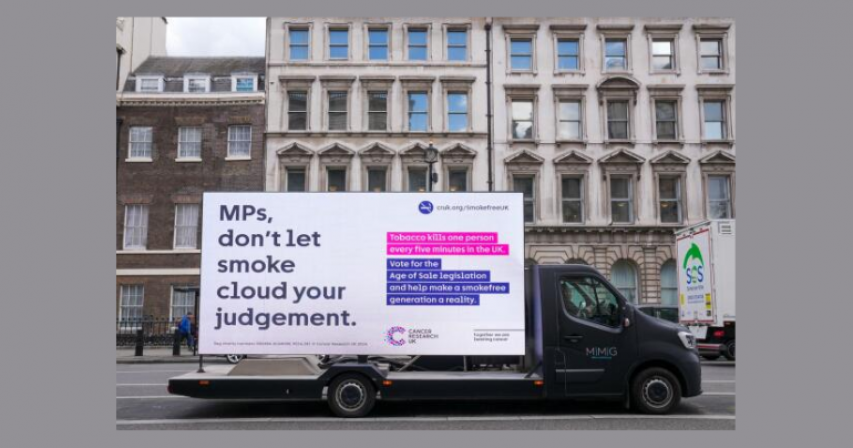UK smoking ban for younger generations passes first hurdle

The UK's proposed smoking ban for individuals aged 15 and under has passed its first hurdle in parliament, sparking debate and division among lawmakers. The bill, spearheaded by Prime Minister Rishi Sunak, aims to implement some of the strictest anti-smoking regulations globally. However, dissent within Sunak's Conservative Party, including notable figures like Liz Truss and Boris Johnson, underscores the contentious nature of the proposed legislation.
Despite opposition from within his party, the bill secured a significant majority in parliament, with 383 votes in favor and 67 against. This victory propels the legislation to the next stage, where it can undergo further scrutiny and potential amendments. Notably, lawmakers were granted a free vote, allowing them to vote based on personal conviction rather than party lines.
The proposed Tobacco and Vapes Bill seeks to prohibit individuals born since 2009 from purchasing tobacco products, with the aim of addressing smoking-related health issues. Sunak has framed the legislation as a crucial step in combating the detrimental health effects associated with smoking, emphasizing its role in preventing illness and mortality.
However, the bill's detractors, including Business and Trade Secretary Kemi Badenoch, express concerns about governmental overreach and the practical challenges of enforcement. Badenoch argues against treating legally competent adults differently based on their birthdates, highlighting potential infringements on individual rights.
The proposed ban has elicited mixed reactions from the public, with support from medical experts and charities citing the significant health benefits of reduced smoking rates. Despite this, the tobacco industry has voiced opposition, warning of potential consequences such as increased black market activity and enforcement difficulties.
The legislative process surrounding the smoking ban reflects broader societal attitudes towards public health and individual freedoms. While proponents emphasize the imperative of safeguarding public health, opponents caution against undue state intervention and the erosion of personal liberties.
As the bill progresses through parliament, it will likely undergo further debate and scrutiny, with potential amendments shaping its final form. The outcome of this legislative effort will not only impact smoking regulations in the UK but also serve as a notable policy achievement or challenge for Prime Minister Sunak ahead of upcoming elections.
In conclusion, the UK's proposed smoking ban for individuals aged 15 and under represents a significant step towards promoting public health and reducing smoking-related harm. However, its passage through parliament underscores the complexity of balancing health objectives with individual freedoms, setting the stage for continued debate and deliberation.
By: Sahiba Suri





Comments